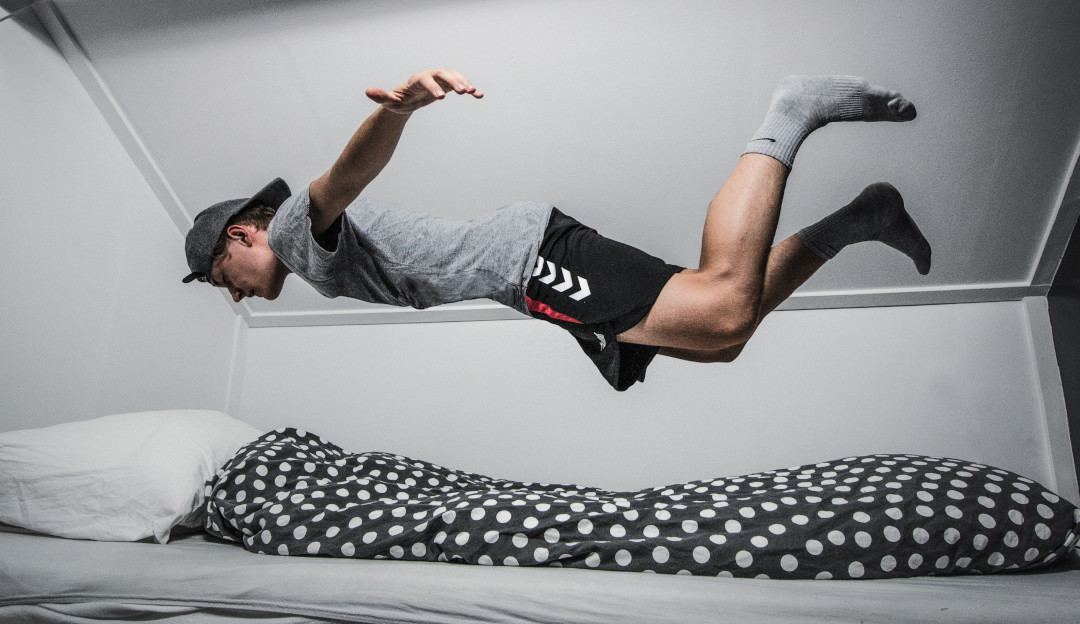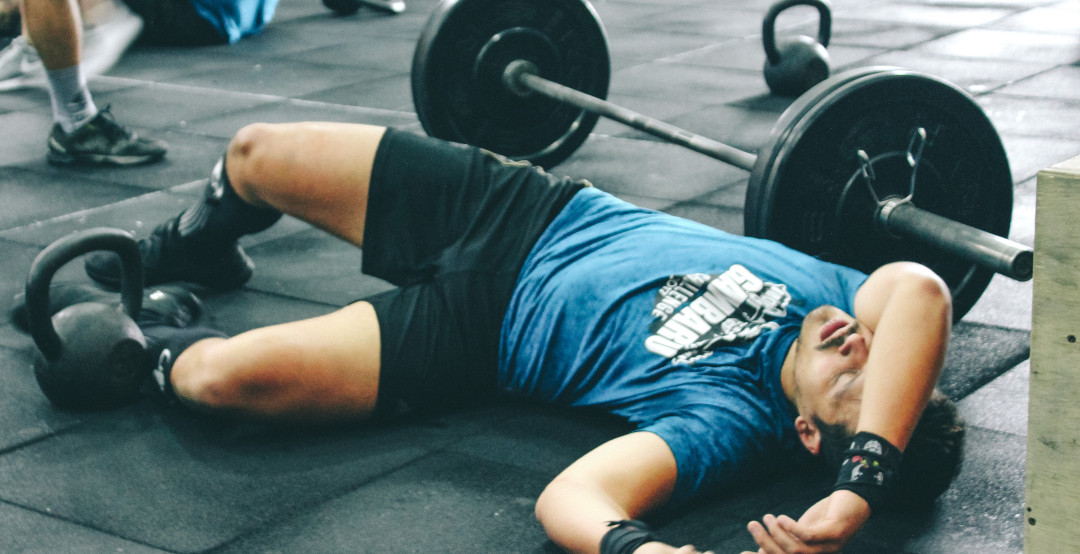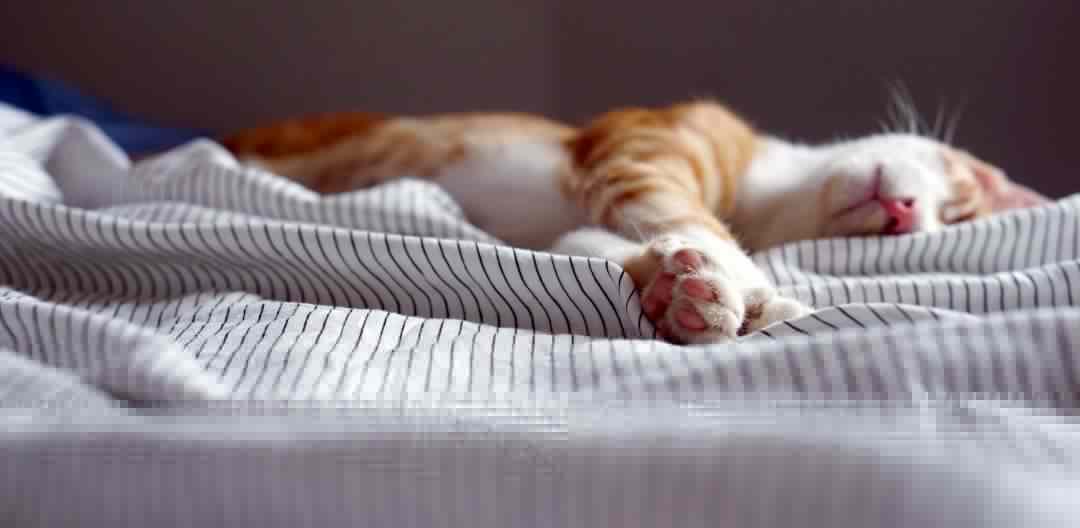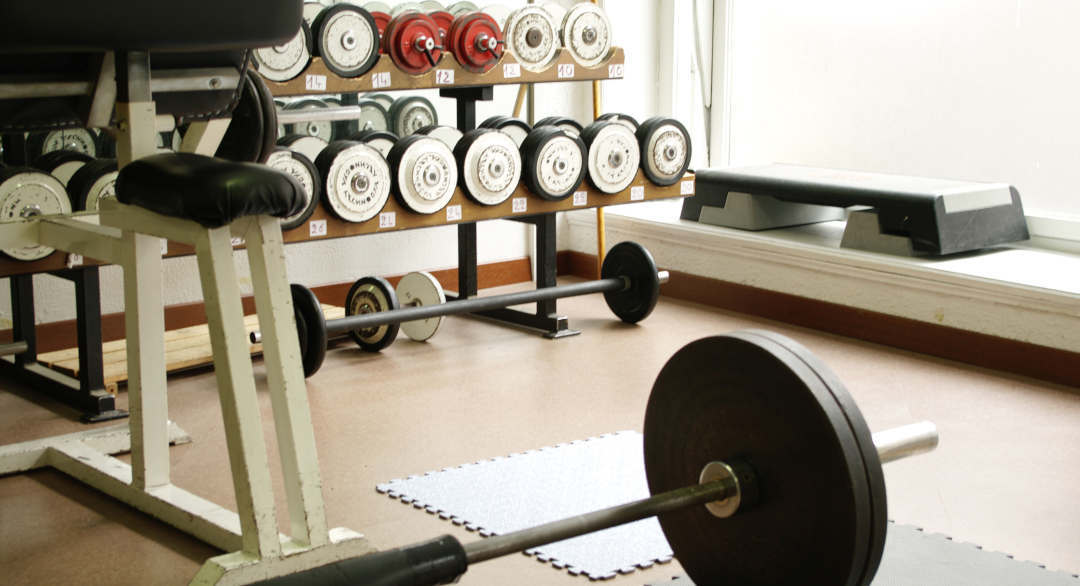The Supplement You Don’t Get Enough Of…

The Supplement you don’t get enough of…
In a world constant physical and mental stimulus there is one supplement, one requirement for any kind of healthy living that far too many of us don’t get right. It’s imperative for a healthy mind and for healthy recovery after exercise.
If you haven’t guessed it by now…
It's Sleep.
While the benefits of a good diet and effective use of supplements will make a serious impact on your ability to reach your goals, all of your hard work will be wasted without quality sleep. With the busy too late: watching youtube, maybe you’re browsing the shop or articles right here on Echo Supplements (Actually, we’re ok with you doing that!).

Why Do We Sleep?
We spend (or should spend!) nearly a third of our life sleeping and it underpins nearly every aspect of our wellbeing and health, yet scientifically speaking we don’t really understand why we need to sleep.
What we do understand, however, is that sleep definitely benefits us in a big way and without enough we rapidly become to suffer mentally and physically.
A Good night’s sleep has a whole plethora of benefits
- A Time to Process Information - While we may feel that we do the majority of our learning in the classroom or with our head in a book there are simply too many distractions firing off both around us and inside our own heads when we’re awake to truly process information correctly. Sleep gives our brains the opportunity to reorder, put two and two together and internalise information to create solid memories and recall.
- Recharges the Mind - We all know what it feels like to be drained. It sucks. Having nothing in the tank mentally or physically makes everything harder. A lack of concentration and focus will make learning or achieving tasks difficult, while potentially leading to mistakes, like forgetting to print off that important document before a meeting or leaving your car keys in the fridge. Sleeping properly rests the mind and stimulates mental clarity and focus.
- Lower Blood Pressure - If you suffer from high blood pressure, a good night’s sleep could be exactly what the doctor ordered. Sleeping well has been shown to reduce blood pressure by as much as 30% in people with high blood pressure which in turn can help reduce stress, leaving you calmer the following day.
- Gives you a chance to Fight Back - Sleep is a time when we use less energy and resources. This gives your body the chance to take on baddies like infection or disease. If you’re not getting enough sleep, the chance of that cut on your leg becoming infected or getting another cold is substantially more likely.
- Promote Emotional Stability - Put simply, Sleeping properly makes you happier. Not getting enough quality sleep can be a big contributor to anxiety, depression or low mood. Getting the right amount can reduce symptoms and provide you with the mental fortitude to have a better day. Day after day.
The Benefits for Athletes
None of the boons listed above can be understated, but there are a number of benefits of sleep that specifically interest us as athletes.
- Muscle Regrowth - Sleep is the prime time when it comes to recovery. In men, 60-70% of your growth hormone secretion occurs during the deepest part of the sleep cycle (While this figure is slightly reduced in women, it’s still significant). This growth hormone is one of the most power anabolic hormones in the body and leads to accelerated muscle growth. Without enjoying regular cycles of deep sleep, you’re limiting the amount of growth hormone your body can create leading to longer recovery times and potentially, over-training.
- >Discourages Cortisol Production - During periods of extended insomnia or poor sleep quality, the hormone cortisol is released. Cortisol is the ‘fight-or-flight’ hormone that gives us a massive kick when we’re in a stressful situation. While cortisol plays a number of important healthy roles in the body, too much of it negatively impacts our testosterone levels which in turn can lead to a reduction in muscle mass and strength.
- Recuperate Energy Levels - This is as much about the mental as it is the physical side of recovery. A healthy night of sleep will give you a give you the energy you need to excel, power through your workout and enjoy your day properly.

Not Enough Sleep? More Fat.
It seems odd, but getting a good night’s sleep probably has as big of an influence on your fat burning quest as exercise does.
A study from 2010 (Found here) compared two groups of overweight non-smokers on calorie restricted diets for 2 weeks. The first group was able to enjoy a delightful 8.5 hours of sleep per night while the second group slept for 5.5 hours (a period that is considered typical by many people today). Both groups consumed around 1450 calories per day. Over half of the weight loss of the 8.5 hour group consisted of fat. The group who only got 5.5 hours sleep? Only a quarter of their weight loss consisted of fat.
More damningly, those who slept less lost nearly 60% more muscle than the first group. For athletes like ourselves this is a seriously scary stuff. Those three hours of lost sleep caused a change in metabolism that encouraged their body’s to preserve fat at the expensive of muscle.
Equally importantly, good sleeping habits and feel rested helps regulate your appetite inhibiting cravings for sugar, fat or alcohol for instance. Feeling at your best will also provide you with that extra mental fortitude and willpower to push a harder during exercise and resist chugging that entire pint of Ice Cream afterwards (it’s nothing personal ice cream, you’re the best.)

Getting A Good Night’s Sleep
A lot of people don’t get enough sleep simply because they form bad habits around sleep, and go to bed too late. If this is you, then try to get into the habit of aiming for at least 7 hours of sleep. We all have busy lives, but if you’re already sleep deprived, you’re actually going to be better off catching up on your sleep than hitting another early morning session at the gym!
If you struggle with more serious issues with sleep that make it difficult to fall asleep or you find your sleep is easily interrupted, there are a few things you can do to help:
Tips for Good Sleep
- The obvious recommendation is exercise, particularly cardio. If you’re reading this article, chances are exercise isn’t a huge issue for you! Some people find exercising close to bedtime can make falling asleep difficult, so bear that in mind if you have regular late night sessions.
- Turn off electronics - Laptops, phones and general electronics are highly stimulating and can be extremely disruptive to sleep. Turn them off and put your phone down at least an hour before you plan on going to sleep. Lastly, avoid checking the time if you can’t sleep or wake up in the night, it’ll just create anxiety around getting to sleep.
- Try to get into the routine of going to bed and waking up at the same time every day. This will programme your mind to feel sleepy, or wakeful when you need it too.
- Avoid drinking liquids a few hours before bed to minimise your sleep being interrupted by trips to the toilet!
- On a similar note, avoid caffeine after 3-4pm, not only is it a stimulant that will keep you awake but it’s also a diuretic meaning it’ll cause you to need the loo. A lot.
- Even more, avoid booze! Alcohol is well known to interrupt your sleep, and even if you sleep through the night, you’re unlikely to get quality sleep. Like coffee, alcohol is diuretic, so say hello to the toilet every 3 hours after a few gin and tonics.
- Prepare for sleep by relaxing with music, a hot bath or deep breathing or meditation.
- Limit your bedroom activities to stuff you’d expect of the bedroom, like sleeping and other... bedroom stuff. If you struggle with sleep, your bedroom definitely isn’t the place for watching TV, playing video or working.
Supplements to help with Sleep
There are a number number of over-the-counter solutions to insomnia, but they are typically more disruptive than they are helping (and can actually be very dangerous). However there are supplements that have been shown to be safe and beneficial - find out more go here

